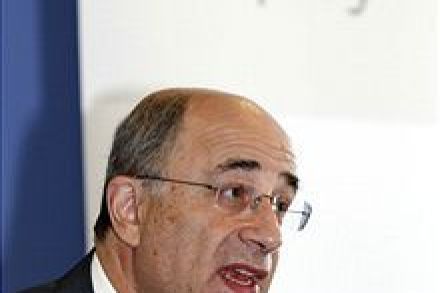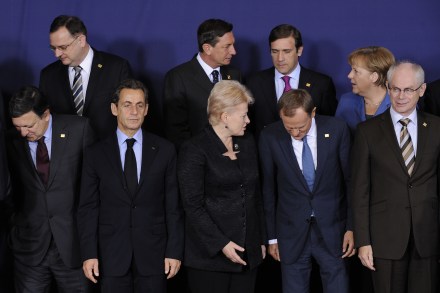Lord Justice Leveson and the danger of the great and the good
The Leveson Inquiry has all the makings of an establishment disaster. In saying that, I am not defending the behaviour of the tabloids. I find it contemptible that no story in the ‘hackgate’ scandal can be justified on public interest grounds. Not once did James and Rupert Murdoch hirelings break the law to expose an abuse of power, or the corruption of an official, or corporate wrongdoing. It is a measure of their degradation that they did not think they needed to act in their own self-interest by covering their backs with a few reputable investigations. Although there is no jurisdiction in the world that allows journalists to hack phones,












